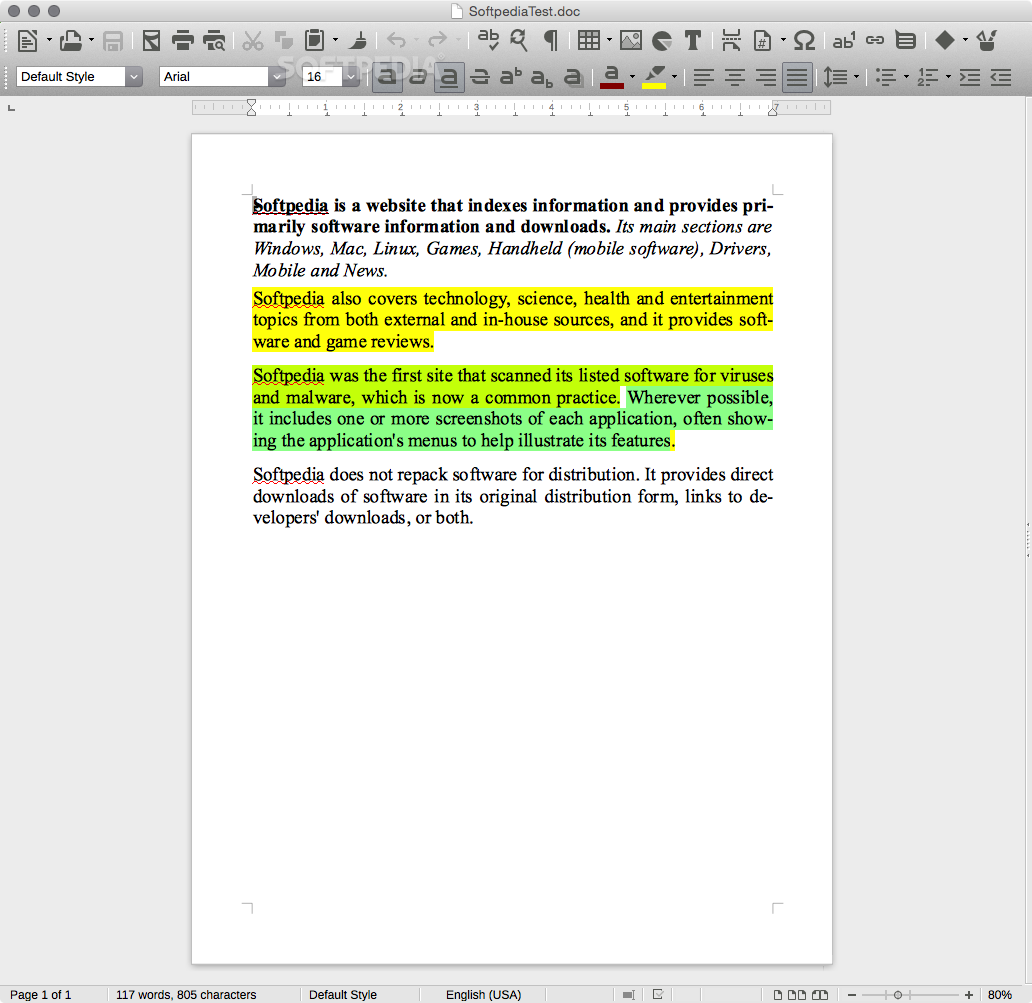

The version now sold in the App Store supersedes a previous offering provided by open source support outfit Collabora, which charged $10 for a "Vanilla" version of the suite and threw in three years of support. The foundation argued that Apple does not permit dependencies in its store, so it cannot include Java in the €8.99 offering.
#Libreoffice for mac. software#
This is an ongoing unpredictable part of our work: adapting 8 million lines of code to the latest updated rules, keeping our builds compiling and signing with the latest tool chains.The foundation suggests paying up in the Mac App Store is ideal for "end users who want to get all of their desktop software from Apple's proprietary sales channel." Adaptation to whatever new checks are added for universal apps in the App Store.one where binaries are “fat,” consisting of separate parts for each architecture) Scripts to combine builds for arm64 and x86_64 into one universal app (i.e.Enabling bits we didn’t compile in yet: Firebird, Java (when there is a JDK).The new C++/UNO ABI bridge requires more testing, to ensure the UNO scripting support works smoothly.Post-launch, if you can get an M1 Mac, then help is always most welcome! We have several missing pieces that will require further work, with some unusual low-level bits. Update: as of 2021-02 we have working native M1 binaries in the Apple app-store for users. The more exciting, complex features are not yet tested. We still have some failing unit tests, that need investigation, as well as some other bits, described below.Īll of this means that LibreOffice should start and work on M1! So far it has had only very basic Writer & Calc testing.This allows UNO scripting to work (in theory). Then there is a first attempt at a new C++/UNO ABI bridge – we need to match Apple’s ABI by tweaking Linux’s ARM64 support to match.Patching and fixing of lots of bundled libraries to make them build cleanly.


It should now possible to configure and build a native LibreOffice on a Apple Silicon, as well as cross-compiling to x86_64. The status of the workĪll of these changes are in master, or in the gerrit queue getting past our CI automation:

Thank you! And thanks too to Tor Lillqvist for his patience and hard work here. This effort is made possible by the kind support of those who buy LibreOffice Vanilla in the Mac app store. As such Collabora joined the Universal App Quickstart Programme back in July and has been doing work on enabling LibreOffice for M1 since then. Nevertheless, given the code size of LibreOffice, for the best performance it makes most sense to have a pre-optimized native binary. Apple ensures this by a translation layer, so that software for Intel Macs can be used, using Rosetta translation. With the launch of the new Apple devices nearing, it is important that suitable software arrives around the same time as new hardware.
#Libreoffice for mac. update#
Here we update you on the status of the work, and what needs to be done. The code needs to be prepared for M1, step by step. This of course means work for Collabora’s LibreOffice team too. It is always an exciting time to see freshly minted ARM based silicon arriving in the form of Apple’s massive shift to the ARM based M1.


 0 kommentar(er)
0 kommentar(er)
